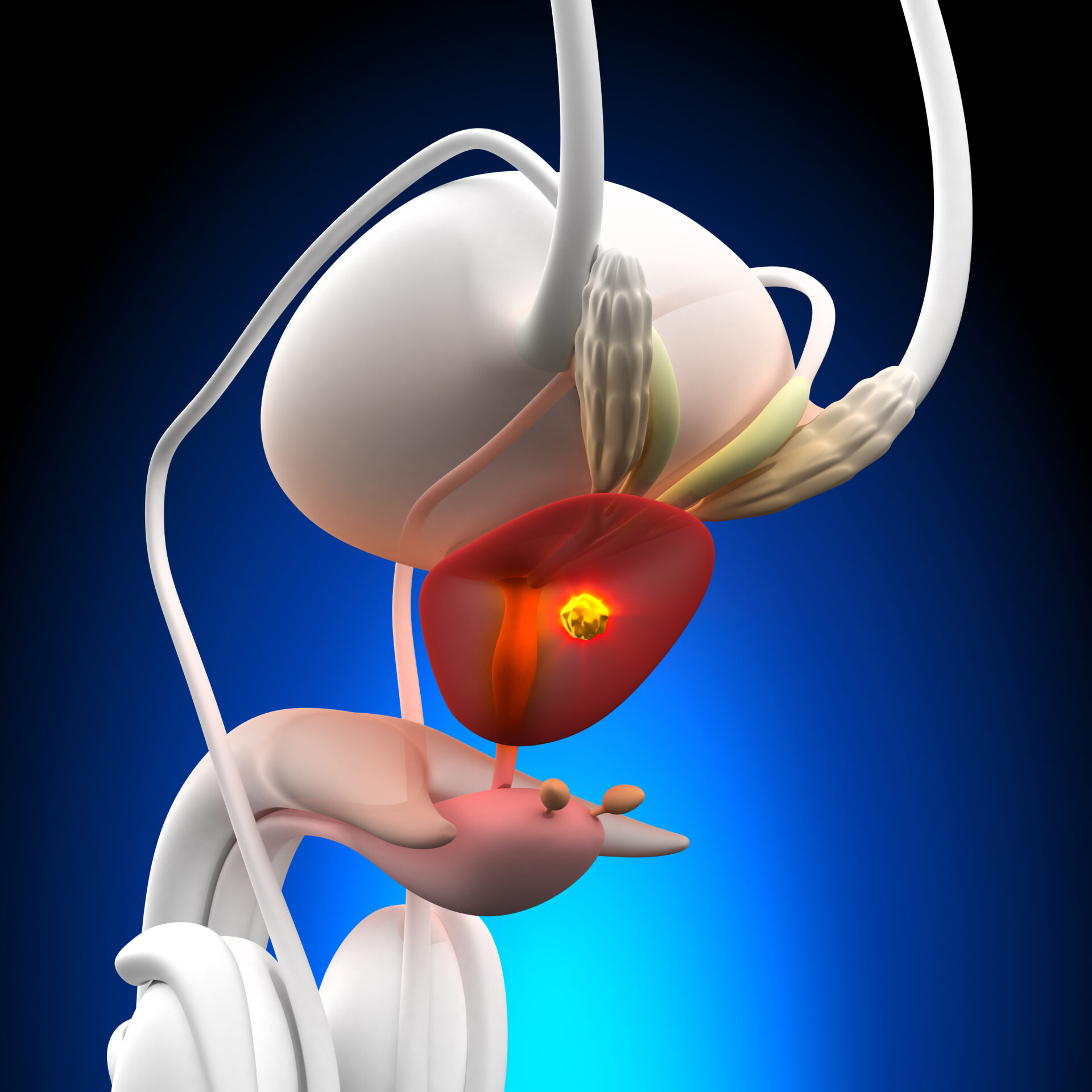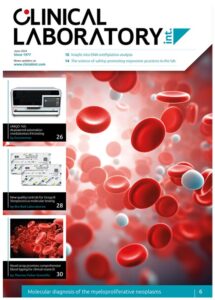Researchers use AI to reveal two distinct types of prostate cancer
Artificial Intelligence has helped scientists reveal two distinct forms of prostate cancer which could revolutionise how the disease is diagnosed and treated in the future.
The study was published in Cell Genomics, 29 February 2024 [1]. The discovery was made by an international team led by the University of Oxford, and the University of Manchester, as well as researchers from the University of East Anglia and the Institute of Cancer Research, London. They applied artificial intelligence on data from DNA from thousands of prostate cancer samples across nine countries to identify two different subtypes of cancer affecting the prostate. This finding was validated in other independent datasets from Canada and Australia. They went on to integrate all the information to generate an evolutionary tree showing how the two subtypes of prostate cancer develop, ultimately converging into two distinct disease types termed ‘evotypes’.
Dr Rupal Mistry, Cancer Research UK Senior Science Engagement Manager, said: “The work published by this global consortium of researchers has the potential to make a real difference to people affected by prostate cancer. The more we understand about cancer the better chance we have of developing treatments to beat it.”
Lead researcher Dr Dan Woodcock, of the Nuffield Department of Surgical Sciences at the University of Oxford, said: “Our research demonstrates that prostate tumours evolve along multiple pathways, leading to two distinct disease types.
“This understanding is pivotal as it allows us to classify tumours based on how the cancer evolves rather than solely on individual gene mutations or expression patterns.”
Crucially, the team’s collaboration with Cancer Research UK aims to develop a genetic test that, when combined with conventional staging and grading, can provide a more precise prognosis for each patient, allowing tailored treatment decisions.
Professor Ros Eeles, Professor of Oncogenetics at The Institute of Cancer Research, London, and Honorary Consultant in Clinical Oncology and Cancer Genetics at The Royal Marsden NHS Foundation Trust, said: “This study has utilised the enormous genomic dataset from The Pan Prostate Cancer Group – a powerhouse of information about prostate cancer from around the world. These results will hopefully lead to better treatments for patients, demonstrating the importance of data sharing and team science.”
Reference:
1. doi: https://doi.org/10.1016/j.xgen.2024.100511




